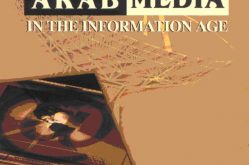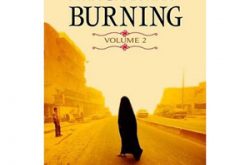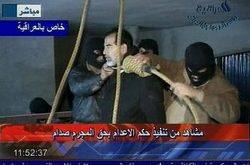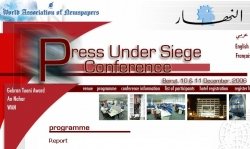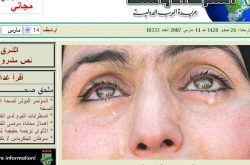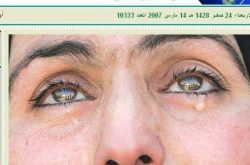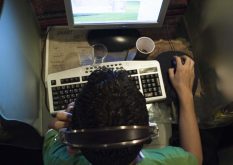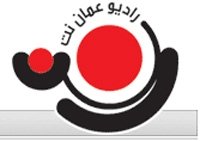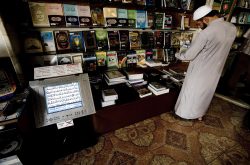The methodological shortcomings and scarce editing make this book a frustrating read. The lessons to be taken from this book regard the challenges facing Arab media studies as much as those facing Arab media, argues Contributing Editor Sune Haugbolle.
Read More »no
BOOK REVIEW | American Encounters with Arabs: The “Soft Power” of U.S. Public Diplomacy in the Middle East
Readers of American Encounters will be heartened by the reminder that — regardless of the administration or specific policy — there remain elements in the U.S. foreign policy establishment dedicated to engaging with Arab audiences and keeping avenues of communication open, argues Will Ward.
Read More »BOOK REVIEW | Baghdad Burning: Girl Blog from Iraq, Volume II
With Riverbend’s blog, no longer is the reader limited to news reports from major networks or White House press conferences: the blog phenomena and particularly that of Riverbend and her blogging peers represents an uncensored real-time account of war, politics, and the perils of neo-imperialism, says Alexandra Izabela Jerome.
Read More »Death by Video Phone: Coverage of Saddam Hussein’s Execution
It is perhaps ironic that the man who controlled the broadcast of his image with an iron grip was executed in one of the most widely watched news events of recent times, says Vivian Salama.
Read More »Press Under Siege Conference Raises a Cry for a Freer Middle East Press
It was not clear whether the ultimate point of the conference was to support Arab journalists in their struggle for protected freedoms, or to promote Siniora’s government?then under heavy fire?as democratic and free before a would-be sympathetic international audience, claims Abigail Hauslohner.
Read More »Witness censorship in action: Read this edited copy and judge for yourself
Do Arab newspapers say one thing in Arabic and another in English? Egyptian journalist Mona Eltahawy thinks so. She was a columnist for the Saudi-owned pan-Arab daily Asharq Alawsat until she was abruptly dropped last year. One reason may have been her complaints about how her articles were being edited for the Arabic edition. We have here retranslated the edited Arabic version back into English. Be sure to compare it with the original, which we also publish.
Read More »Censorship: What you didn’t see
Do Arab newspapers say one thing in Arabic and another in English? Egyptian journalist Mona Eltahawy thinks so. She was a columnist for the Saudi-owned pan-Arab daily Asharq Alawsat until she was abruptly dropped last year. One reason may have been her complaints about how her articles were being edited for the Arabic edition. Here's your chance to read one of her original op-eds alongside the edited version.
Read More »Blogging the new Arab public
Marc Lynch traces the political impact of blogging in the Middle East arguing that Arab blogs have begun to exert real leverage meriting serious attention.
Read More »“Huge need for independent media” in Middle East: AmmanNet founder Daoud Kuttab
There are few media professionals in the Middle East who juggle as many commitments as Daoud Kuttab. Director of the Institute of Modern Media at Al Quds University, he is also a regular columnist for the Jordan Times and Jerusalem Post. But perhaps his greatest achievement is as founder and chief of the Arab World’s first online community radio station AmmanNet. So what has online radio achieved in Jordan? And where can it go from here? Co-Editor and Publisher of Arab Media & Society finds out.
Read More »Media and Religion in the Arab-Islamic World
In this edited version of the 11th Templeton Lecture on Religion and World Affairs, Abdallah Schleifer looks at the development of journalism in the Arab-Islamic World, attempting to explain factors shaping journalism practice in the region.
Read More » Arab Media & Society The Arab Media Hub
Arab Media & Society The Arab Media Hub
